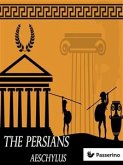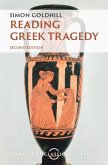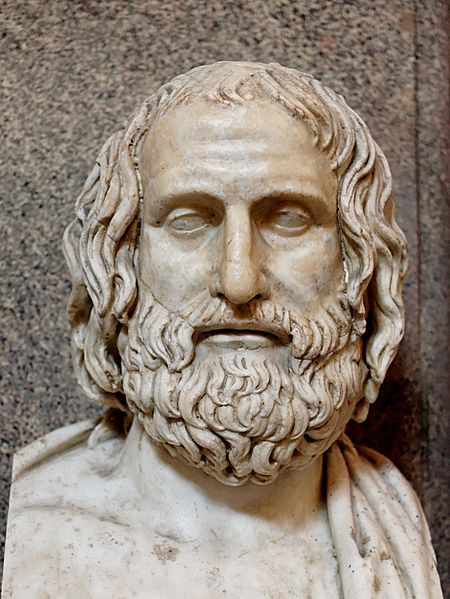Andromache Euripides - Clinging to the altar of the sea-goddess Thetis for sanctuary, Andromache delivers the play's prologue, in which she mourns her misfortune (the destruction of Troy, the deaths of her husband Hector and their child Astyanax, and her enslavement to Neoptolemos) and her persecution at the hands of Neoptolemos' new wife Hermione and her father Menelaus, King of Sparta. She reveals that Neoptolemos has left for the oracle at Delphi and that she has hidden the son she bore him (whose name is Molossos) for fear that Menelaus will try to kill him as well as her.
Dieser Download kann aus rechtlichen Gründen nur mit Rechnungsadresse in A, B, BG, CY, CZ, D, DK, EW, E, FIN, F, GR, H, IRL, I, LT, L, LR, M, NL, PL, P, R, S, SLO, SK ausgeliefert werden.










